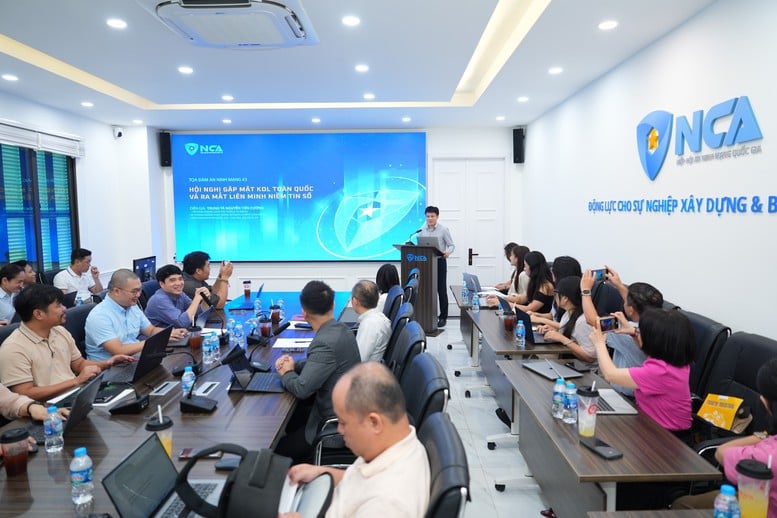
Overview of the conversation - Photo: VGP/HM
The above information was discussed by experts at the seminar "Building digital trust", organized by the National Cyber Security Association on the afternoon of July 28.
According to experts, in many countries, KOL is not simply a marketing tool but has become a symbol of "soft power" that has influence in society.
Therefore, the role of KOL cannot be separated from responsibility. On the one hand, KOLs need to be facilitated to promote positive influence to promote economy , culture and communication. On the other hand, there also needs to be an appropriate management mechanism to guide behavior, enhance social responsibility and prevent negative consequences caused by false content.
Current reality shows that many KOLs have taken advantage of their influence to spread false information, promote harmful and untrue content or advertise poor quality products. Especially in the digital environment, an unverified statement or deviant content can also have a significant negative impact on the community and society.
Governments of many countries have begun to build legal frameworks and policies to encourage information transparency, standardize promotional content, and strengthen KOL management to balance economic development and community protection.
World experience
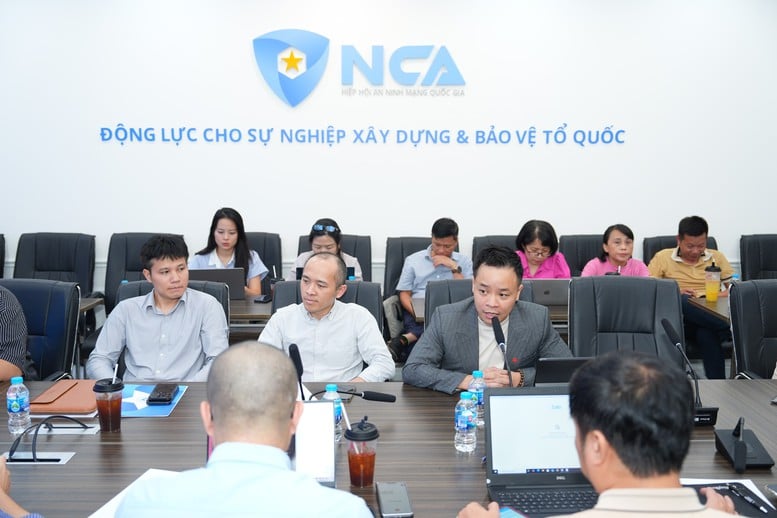
Delegates attending the seminar - Photo: VGP/HM
In the US, the FTC (Federal Trade Commission) is the primary agency responsible for setting guidelines for KOL operations. The core principles of FTC regulations are transparency and “truth in advertising”. The FTC’s disclosure requirements are clear: KOLs must always make it clear to their followers if a post, video, or statement contains advertising content.
Online companies and platforms also play an important role in managing KOLs in the US as they must adjust their strategies to comply with transparency regulations.
One highlight in the US's KOL management is that FTC regulations apply to all media platforms, not limited to popular social networks like Instagram or YouTube.
Any platform that KOLs use to advertise must comply with transparency regulations.
This helps ensure that no channels are overlooked and that all advertising is transparent to the public. The FTC also works closely with platforms like Facebook, YouTube, and Instagram to ensure that they have mechanisms in place to monitor content. This is not only to protect consumers, but also to help build a healthier media environment.
In Thailand, a 2024 study found that KOLs and YouTubers ranked among the top 10 dream careers of Thai teenagers, ahead of lawyers, pilots, etc. This reflects that KOLs have become a real professional force in the digital economy.
Faced with this reality, Thailand has proposed enacting a law to regulate social media influencers. The country’s Economic and Social Development Council has asked the government to establish a registration system for influencers in Thailand and to introduce policies such as skills training and other career-related support for KOLs.
This will help minimize the impact in the event of a crisis that affects revenue or the risk of misleading statements from large-scale influencers.
In Vietnam, the development of KOLs is also extremely strong. However, currently, many KOLs do not clearly disclose the commercial nature of their posts, leading to the risk of violating the law and reducing consumer confidence; lack of rules, norms, community standards...
According to experts, to promote the role of KOLs in the country's development, in addition to perfecting the legal framework and improving the effectiveness and efficiency of state management of functional agencies in KOL activities, it is very important to build a cohesive, responsible, and national-minded KOL community with strong self-control mechanisms.
Hien Minh
Source: https://baochinhphu.vn/kien-tao-niem-tin-so-can-co-che-gan-trach-nhiem-kol-voi-phat-huy-suc-anh-huong-1022507281915352.htm


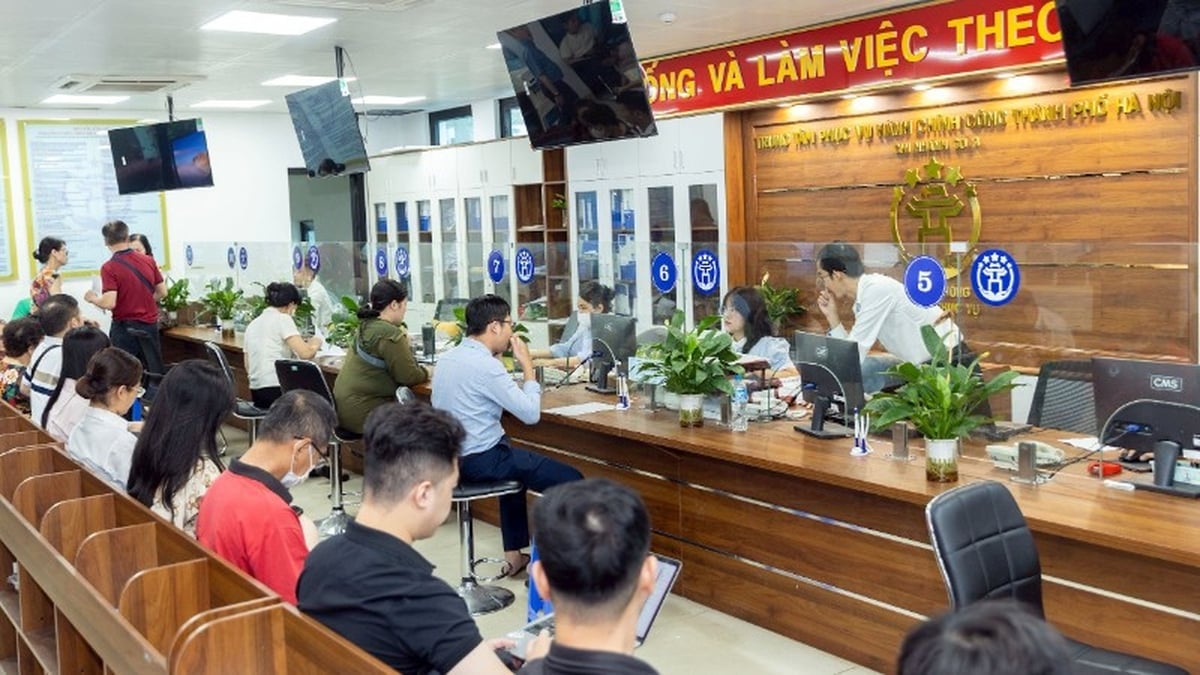
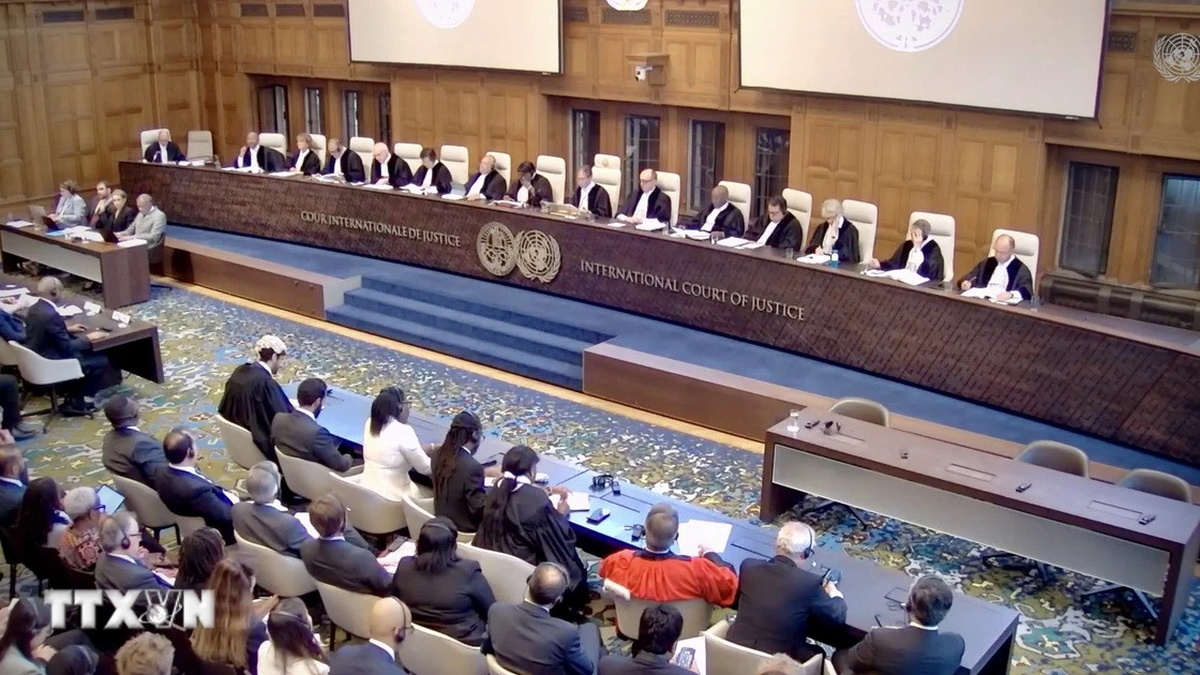
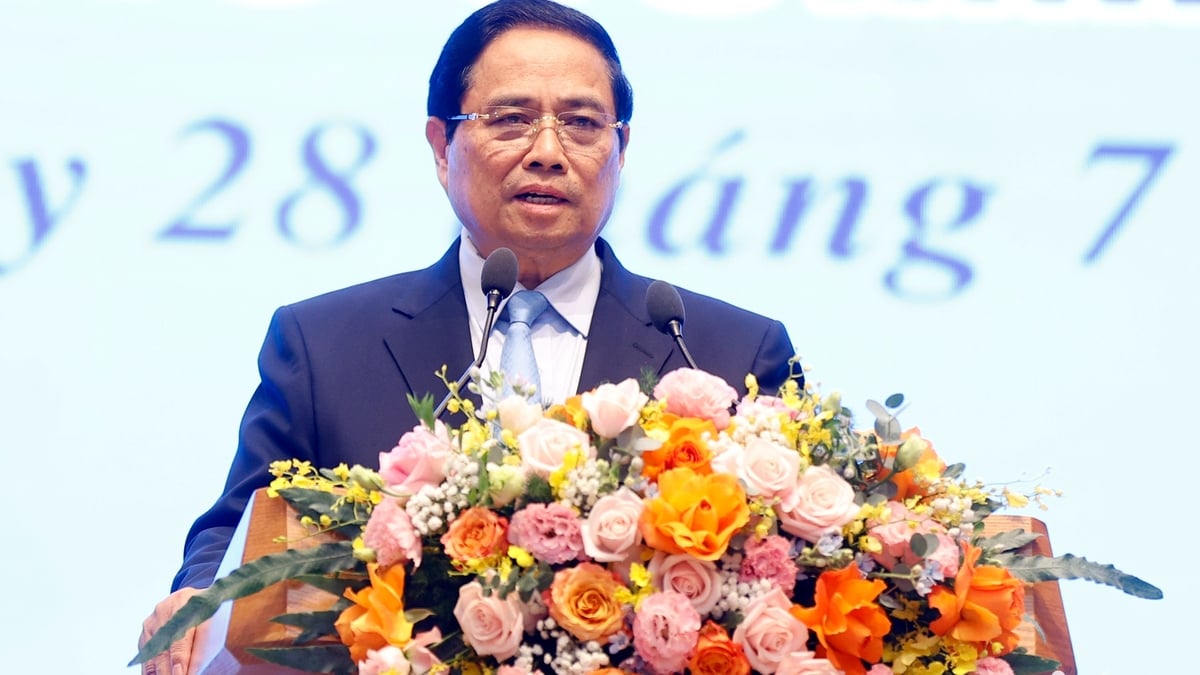




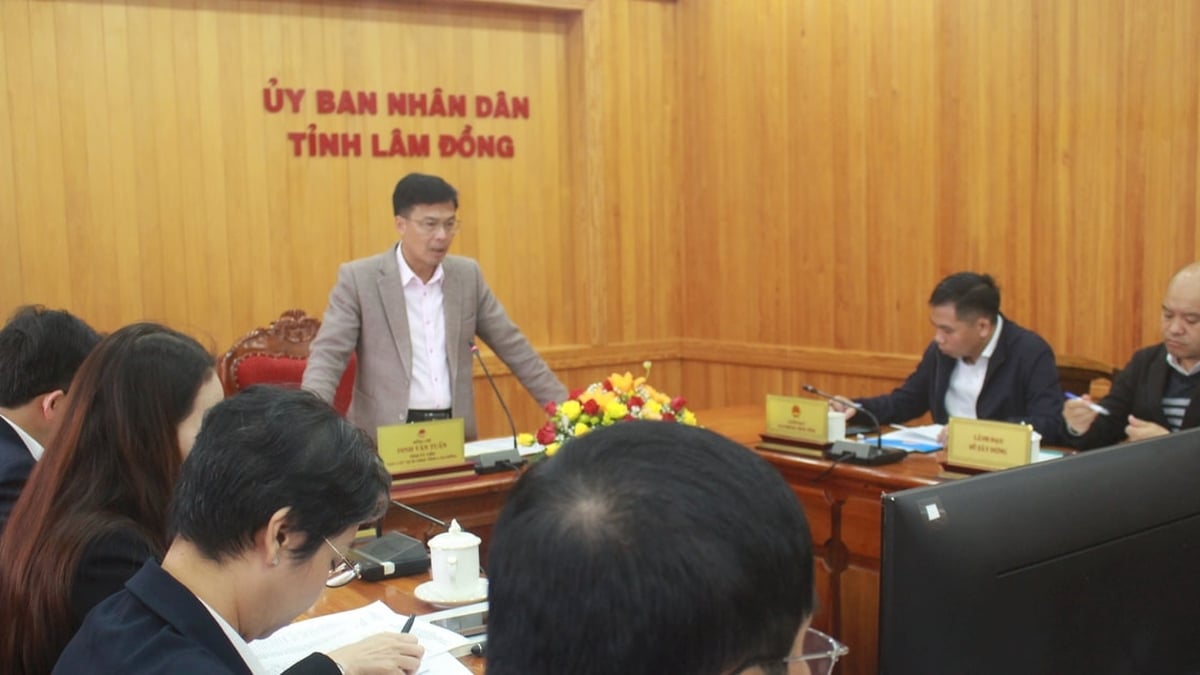



















![[Photo] National Assembly Chairman attends the seminar "Building and operating an international financial center and recommendations for Vietnam"](https://vphoto.vietnam.vn/thumb/1200x675/vietnam/resource/IMAGE/2025/7/28/76393436936e457db31ec84433289f72)
























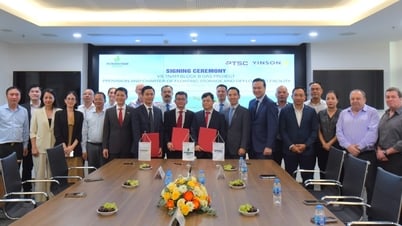












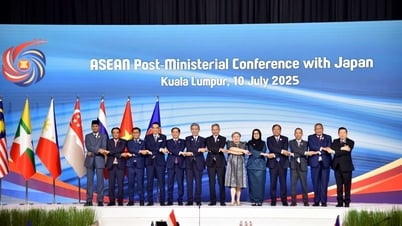



































Comment (0)